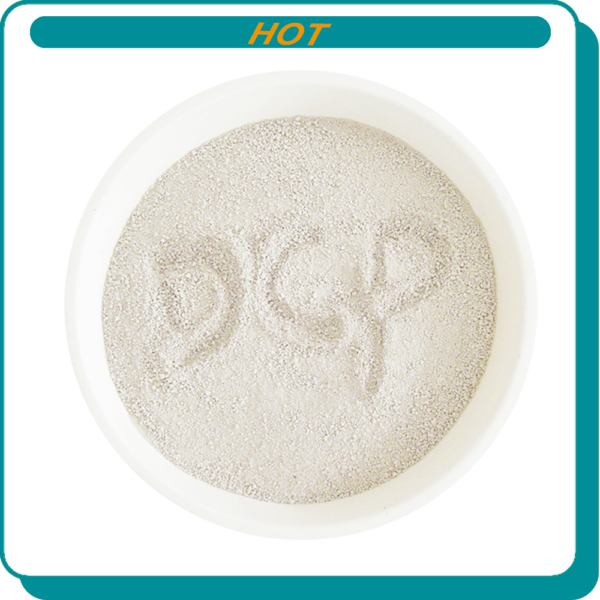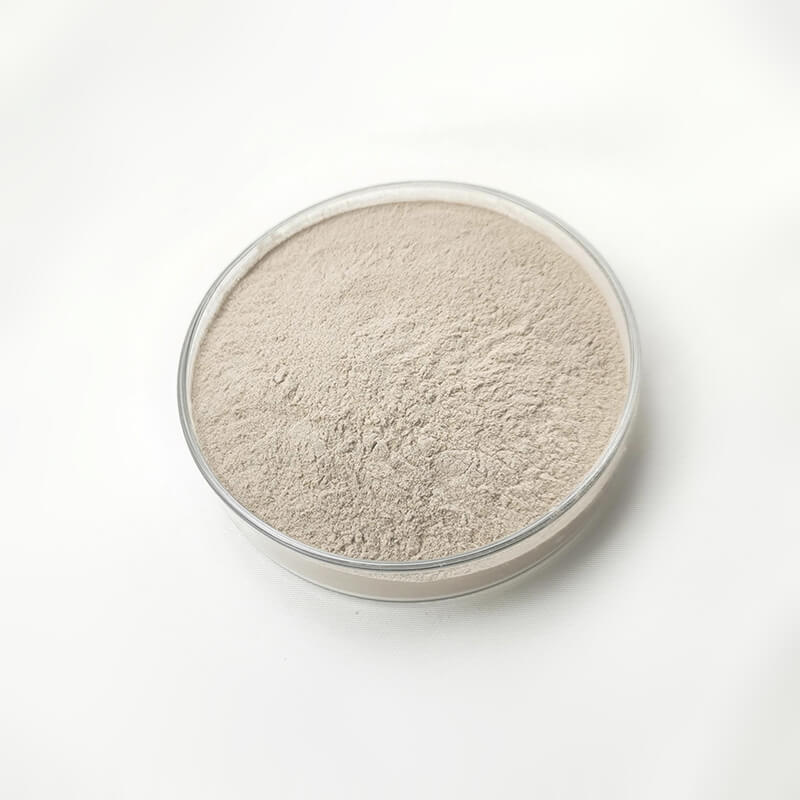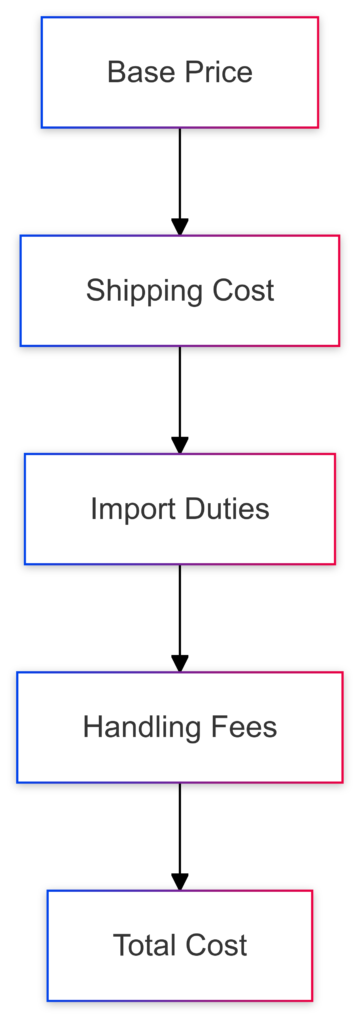As someone who's spent over 15 years in the animal feed industry, I can tell you that Dicalcium Phosphate (DCP) is one of the most crucial mineral supplements in animal nutrition. It's a compound made of calcium and phosphorus that helps in bone development and various metabolic processes. When I first started importing DCP from China, I was amazed by the quality control standards they maintain.

Learn more about DCP specifications
In my experience working with various Chinese suppliers, I've noticed that DCP comes in two main grades: feed grade and food grade. The feed grade is primarily used for animal nutrition, while food grade meets stricter quality standards for human consumption. The typical specifications include:
During my years of sourcing DCP, I've learned that finding the right supplier is crucial. Here's what makes them stand out:
Price: Competitive pricing (exact figures vary)
MOQ: 24 tons for a 20' FCL
Delivery Time: Within 1 week for stocked items.
Price: Ranges from $0.48 to $0.61 per kg (MOQ of 10,000 kg).
These suppliers are often certified with ISO and GMP standards, ensuring product quality.
Pricing for Dicalcium Phosphate can vary significantly based on grade and supplier:
Feed Grade: Prices range from $300 to $480 per ton depending on the supplier and order volume.
Food Grade: Generally higher, with prices around $1100 to $1400 per ton.

Check out Chinese supplier options
Let me share some insider knowledge about pricing. The cost structure for DCP imports includes:

Here's a detailed breakdown of costs and potential returns:
| Cost Component | Low Range ($) | Average ($) | High Range ($) | Notes |
|---|---|---|---|---|
| Base Price | 300 | 390 | 480 | Varies by supplier |
| Shipping | 40 | 50 | 60 | Per MT for FCL |
| Import Duties | 30 | 40 | 50 | Varies by country |
| Handling & Documentation | 15 | 20 | 25 | Including customs |
| Storage | 8 | 10 | 12 | Per month |
| Total Cost | 393 | 510 | 627 | Before markup |
| Scenario | Cost ($) | Selling Price ($) | Gross Profit ($) | ROI (%) | Notes |
|---|---|---|---|---|---|
| Conservative | 10,200 | 12,240 | 2,040 | 20% | Low market demand |
| Average | 10,200 | 13,260 | 3,060 | 30% | Normal market |
| Optimistic | 10,200 | 14,280 | 4,080 | 40% | High demand |
| Component | Feed Grade ($) | Food Grade ($) | Difference ($) | Premium (%) |
|---|---|---|---|---|
| Base Price | 390 | 1,250 | 860 | 220% |
| Quality Testing | 20 | 50 | 30 | 150% |
| Documentation | 20 | 40 | 20 | 100% |
| Storage | 10 | 15 | 5 | 50% |
| Total | 440 | 1,355 | 915 | 208% |
| Order Size (MT) | Base Price ($) | Discount (%) | Final Price ($) | Savings ($) |
|---|---|---|---|---|
| 1-19 | 390 | 0 | 390 | 0 |
| 20-49 | 390 | 5 | 370.5 | 19.5 |
| 50-99 | 390 | 10 | 351 | 39 |
| 100+ | 390 | 15 | 331.5 | 58.5 |
Notes:
Premium analysis based on average market prices
All prices are in USD and based on 2024 market rates
Shipping costs assume FCL (Full Container Load)
ROI calculations include all costs but exclude operating expenses
Volume discounts may vary by supplier
Storage costs assume standard warehouse conditions
Having worked in this industry for over a decade, I've observed interesting patterns in DCP pricing. Currently, the market shows these key trends:
Having inspected numerous DCP shipments, I can't stress enough the importance of quality control. Here's what you need to check:
1. Certificate of Analysis (COA)
2. Heavy metal content
3. Moisture levels
4. Particle size distribution
View quality control standards
The paperwork can be overwhelming, but I've developed a systematic approach:
1. Commercial Invoice
2. Bill of Lading
3. Import License
4. Certificate of Origin
5. Quality Certificates
Based on my experience managing shipments, here are the key considerations:
1. Container Selection
2. Documentation
Proper storage is crucial for maintaining DCP quality. I recommend:
1. Dry, cool environment
2. Palletized storage
3. First-in-first-out inventory management
4. Regular quality checks
Different countries have varying requirements. Essential compliance areas include:
In my years of importing DCP, I've encountered various challenges. Here are solutions:
1. Quality Inconsistency
2. Price Fluctuations
3. Shipping Delays
After years in the industry, here are my top tips:
1. Always request samples before bulk orders
2. Maintain relationships with multiple suppliers
3. Keep detailed quality records
4. Plan shipments considering seasonal factors
From my experience overseeing hundreds of DCP shipments, here's what you need to know about testing:
1. Physical Tests
2. Chemical Analysis
Here's my proven framework for evaluating DCP suppliers:
1. Manufacturing Capabilities
2. Business Reliability
Based on current trends and my industry experience, here's what to expect:
Additional feed industry resources
1. What is the minimum order quantity for DCP from China?
2. How long does shipping take?
3. Do I need special licenses to import DCP?
4. What's the price difference between feed grade and food grade DCP?
5. How should DCP be stored?
6. What are the main quality parameters to check?
7. Can I get samples before ordering?
8. What's the typical shelf life of DCP?
Learn more about feed additives
Remember: Always verify current regulations and requirements with your local authorities, as import requirements can change frequently.